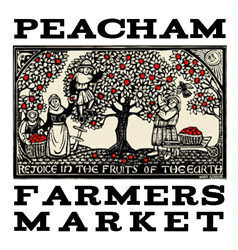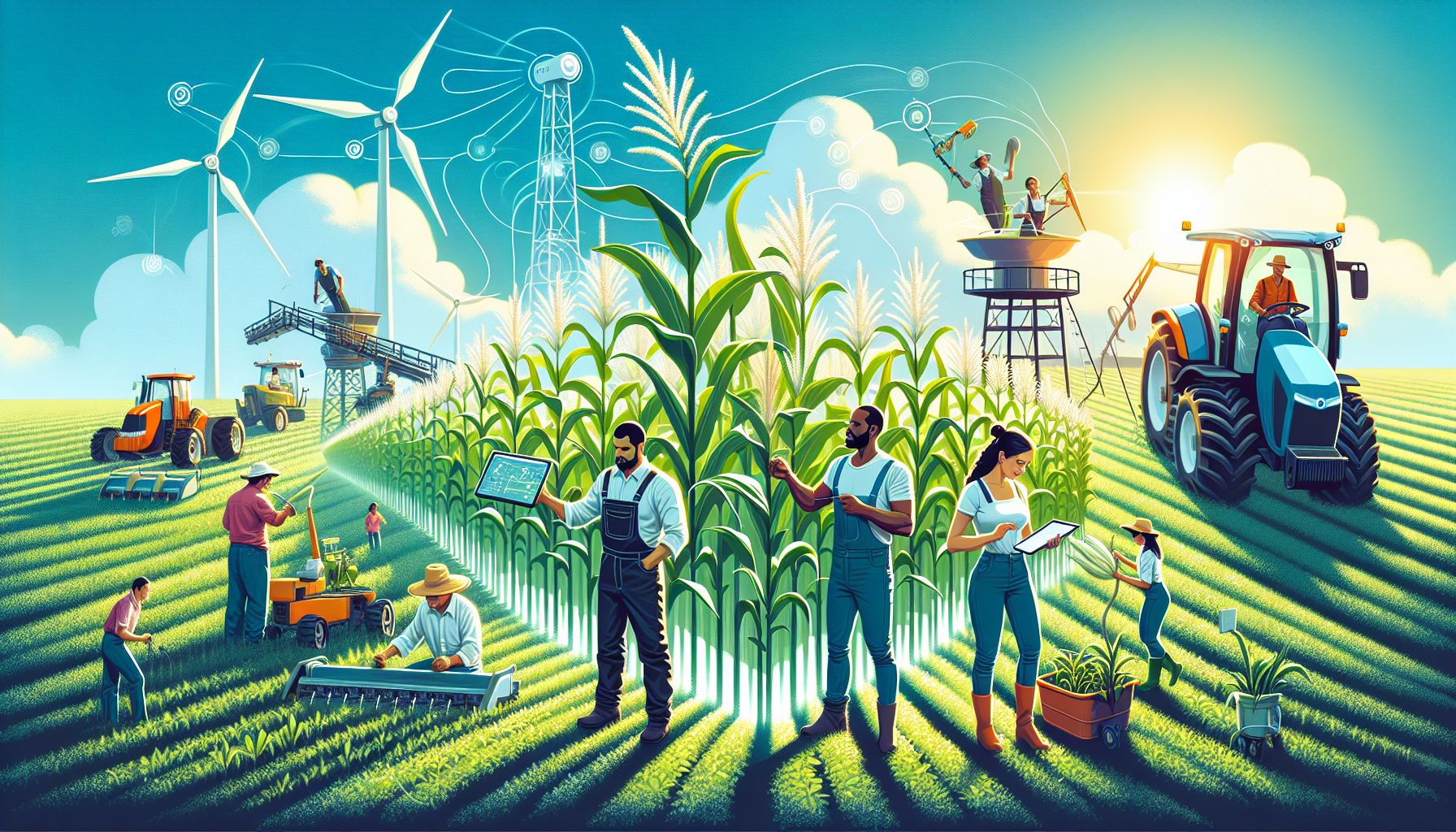Farming has been the backbone of human civilization for centuries, providing sustenance and shaping economies and ecosystems. As our world becomes increasingly industrialized, the significance of farming may be overlooked; however, it remains a vital lifeline for our survival. In this blog post, we will delve into the latest trends in sustainable agriculture, the challenges faced by modern farmers, and the impact of farming on the environment.
 Sustainable agriculture is a key concept in today’s agricultural practices. It focuses on managing resources efficiently while maintaining ecological balance. This approach provides long-term benefits for both the environment and the farming community. One of the latest trends in sustainable agriculture is the use of cover crops. Cover crops, such as legumes and grasses, are grown alongside cash crops to improve soil health, prevent erosion, and control weeds without the use of harmful chemicals. By incorporating cover crops into their practices, farmers are not only promoting sustainable farming methods but also improving their own crop yields.
Sustainable agriculture is a key concept in today’s agricultural practices. It focuses on managing resources efficiently while maintaining ecological balance. This approach provides long-term benefits for both the environment and the farming community. One of the latest trends in sustainable agriculture is the use of cover crops. Cover crops, such as legumes and grasses, are grown alongside cash crops to improve soil health, prevent erosion, and control weeds without the use of harmful chemicals. By incorporating cover crops into their practices, farmers are not only promoting sustainable farming methods but also improving their own crop yields.
Another trend that is gaining momentum in sustainable agriculture is the use of technology. From precision farming to drone technology, farmers are utilizing various tools to optimize their production and reduce their environmental impact. Precision farming involves using technologies such as GPS and sensors to collect data on weather, soil moisture, and crops, allowing farmers to make informed decisions on crop management. Drones, on the other hand, can provide real-time images of fields, identifying areas that require attention and reducing the use of fertilizers and pesticides. These innovative practices not only promote sustainability but also improve efficiency and reduce costs for farmers.
Despite the advancements in sustainable farming, modern farmers still face numerous challenges. One of the biggest challenges is climate change, causing unpredictable weather patterns, extreme temperatures, and water scarcity. Farmers are forced to adapt their practices to these changing conditions, which can be costly and time-consuming. Additionally, the increasing demand for food, coupled with the rising costs of land, labor, and equipment, puts financial strain on farmers. This often leads to a decline in profits and presents a barrier to adopting sustainable farming practices. It is crucial for governments and policymakers to provide support and incentives for farmers to overcome these challenges and promote sustainable practices.
The impact of farming on the environment cannot be ignored. While it is essential for our survival, farming also contributes to environmental degradation through deforestation, water pollution, and greenhouse gas emissions. However, sustainable farming practices such as crop rotation and reduced tilling can help mitigate these negative impacts. Crop rotation involves planting different crops in a sequence, which helps maintain soil health and reduce erosion. Reduced tilling, also known as conservation tillage, involves leaving crop residue on the ground, which improves soil quality and reduces carbon emissions. By adopting these practices, farmers can contribute to the preservation of our environment while still meeting the demands of food production.
Looking ahead, the future of farming is intricately tied to sustainable living. With a growing global population and increasing concerns about climate change, it is essential to prioritize sustainable farming practices. Governments, consumers, and farmers all have roles to play in achieving this goal. Governments must provide policies and support for sustainable agriculture, consumers must demand and support ethically and sustainably produced food, and farmers must continue to innovate and adopt sustainable practices.
In conclusion, farming remains a crucial aspect of our world, shaping economies and ecosystems while providing the sustenance we need to survive. The latest trends in sustainable agriculture, the challenges faced by modern farmers, and the impact of farming on the environment highlight the need for a shift towards sustainable practices. As we move forward, it is crucial to recognize the vital role farming plays in our world and work towards a more sustainable future for all.

